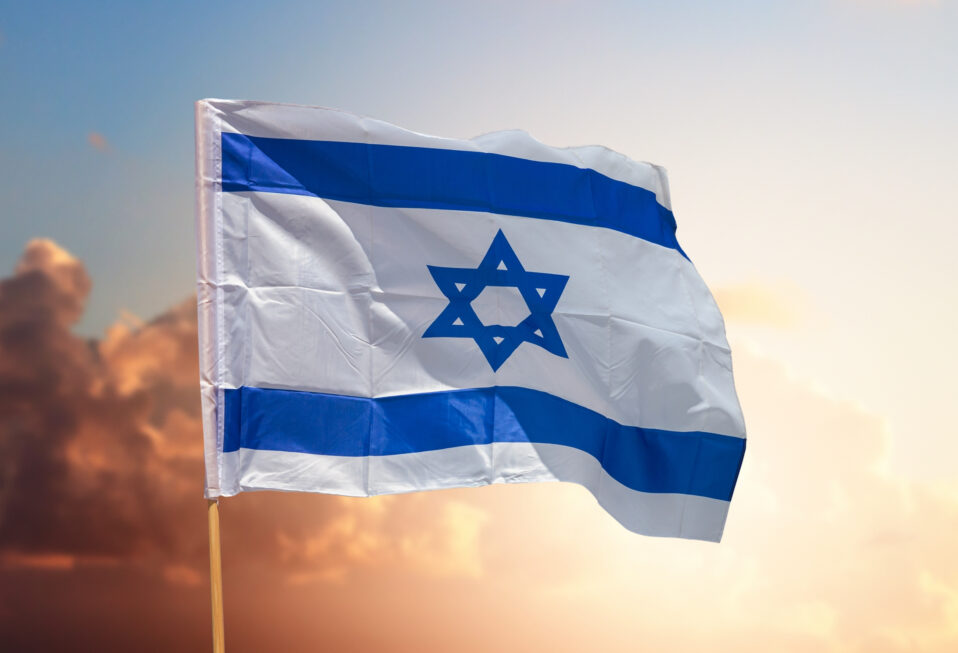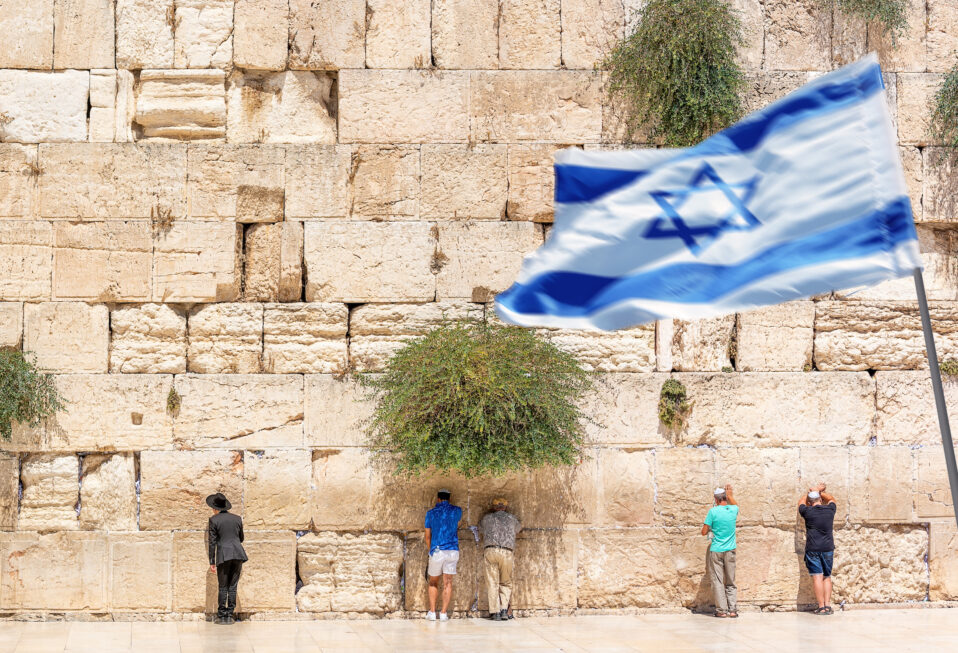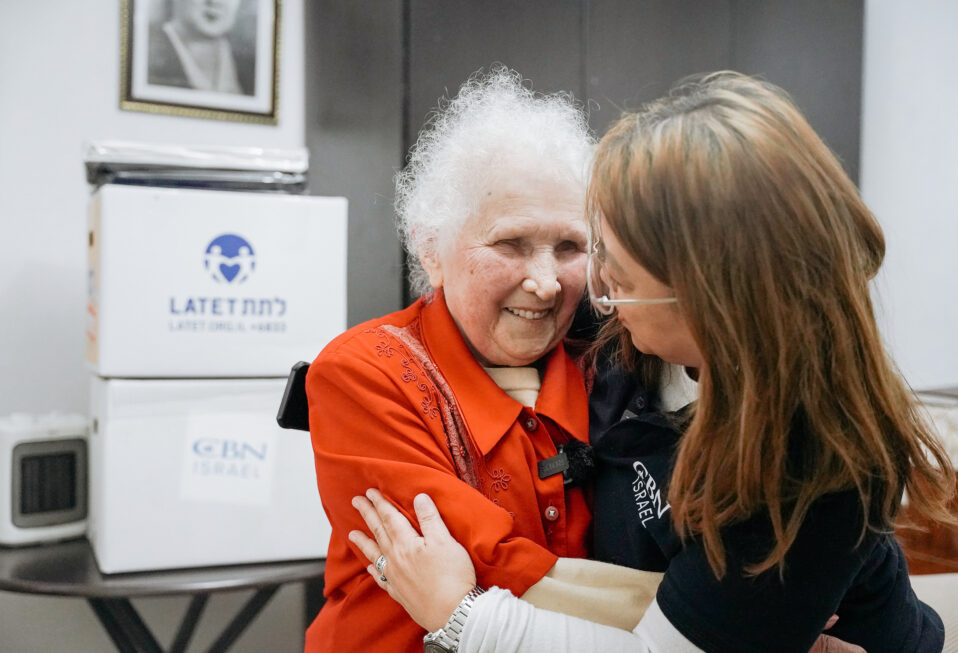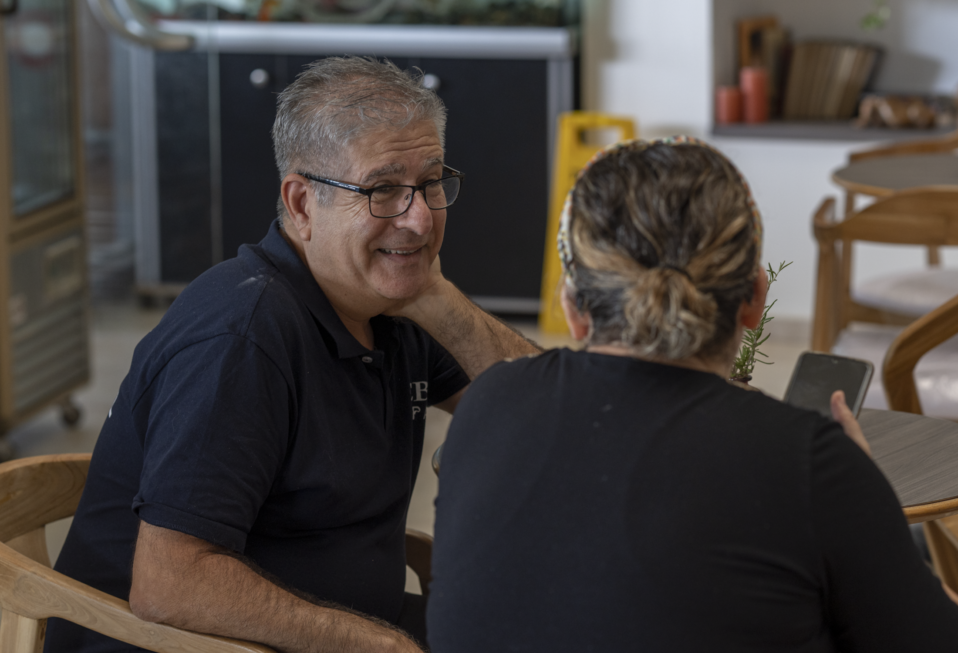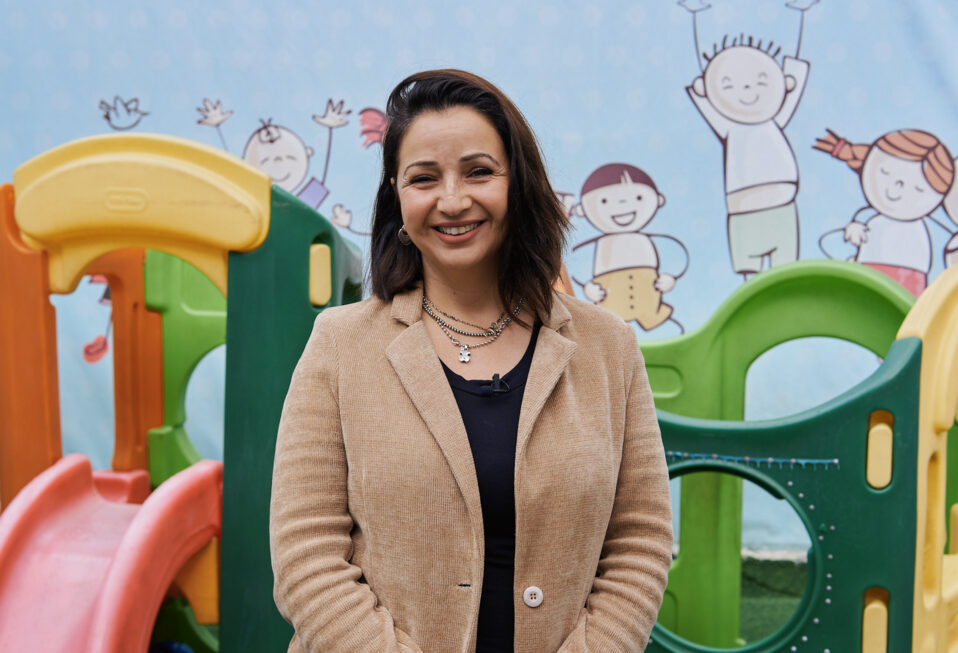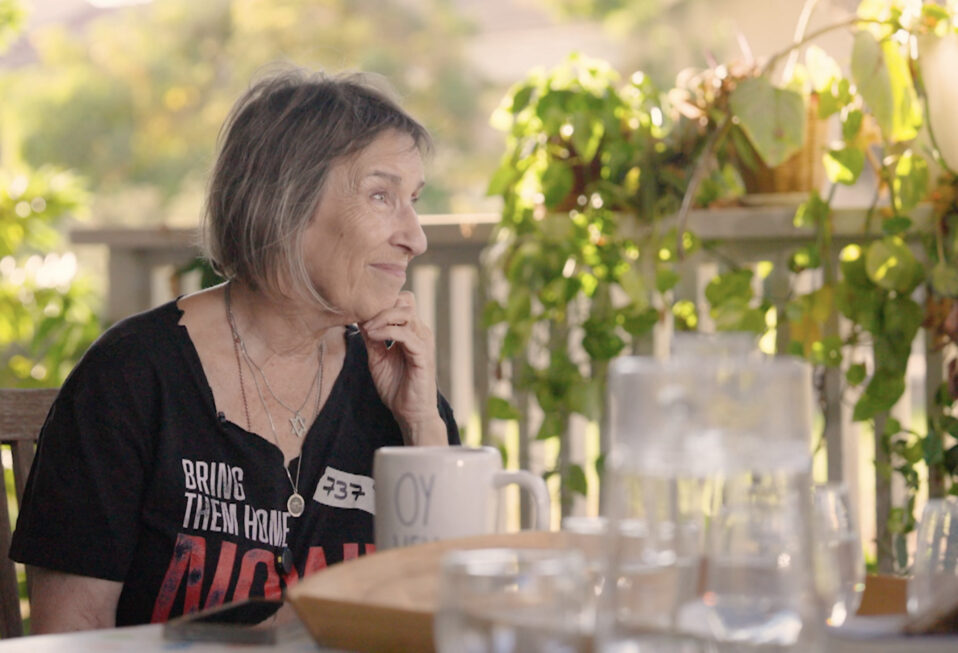By Arlene Bridges Samuels
For Purim, the Feast of Esther, Israelis have already prepared for one of their most joyous holidays. On the Hebrew calendar year, 5784 in the month of Adar, the celebration will commence at sundown on March 24 and end at nightfall on March 25. Purim is greeted in religious and secular contexts with street parties, costumes worn by adults and children, and synagogues filled to capacity.
Israelis will take a festival breather from their ongoing national five-month trauma, whether reading the Megillah—Esther’s ten chapters—or fasting, feasting, attending parties and parades, and giving gifts to charities and children. Purim holds the promise of celebrating victories over enemies. It is a Jewish way to affirm life.
During the first Purim since October 7, 2023, the “Hamans” in the Middle East—Hamas, Hezbollah, and Iran—should take notice. Israel is alive and standing strong!
Haman, of course, was the genocidal, power-hungry propagandist who hated the Jews exiled in the Persian empire. In the dramatic book of Esther, he was considered as a prime minister in the empire of King Xerxes (also called Ahasuerus) around 474 B.C. God in His sovereignty used the exiled Queen Esther and her kinsman Mordecai to change the course of Jewish existential history from death to life.
The Persian Empire was the largest ever, stretching across three continents: Europe, Africa, and Asia. Estimates suggest a population of 50 million—thus comprising 44 percent of the world’s people at that time.
Esther (Hadassah) truly lived the Persian meaning of her name, “Star.” This stunning woman stepped onto the runway of history when King Xerxes chose her in an ancient beauty contest to replace his deposed Queen Vashti. Esther grew up in obscurity under the protection of Mordecai, her kinsman and mentor. The numbers are lost to antiquity, but some scholars estimate the Jewish population to have been at 20 percent in the Persian Empire. Esther and Mordecai, a future Jewish heroine and hero, were among them.
We can easily assume that Mordecai was a righteous Jew as we read about his refusal to obey the arrogant Haman’s order to bow to him. When Mordecai refused, a fire of hatred lit inside Haman against the Jews as a whole. Haman’s hate manifested by using lies and propaganda against the Jewish population to persuade the King to issue a genocidal edict. Sounds familiar! Mordecai overheard Haman’s murderous plan and covertly passed it on to Queen Esther. He asked her to appeal to the King, although it was a risky request, even for a Queen, to disregard the royal protocols.
God spoke through Mordecai’s discerning challenge in Esther 4:14 NIV. “For if you remain silent at this time, relief and deliverance for the Jews will arise from another place, but you and your father’s family will perish. And who knows but that you have come to your royal position for such a time as this?”
Although Esther was hesitant, she responded courageously with a strategy of fasting and prayer and asked others to join her. When the King chose Esther as Queen of Persia, in wisdom Mordecai advised her not to reveal she was Jewish. When Esther later made the request to petition the King on behalf of her people, the timing was perfect. She openly declared her Jewish heritage and reported Haman’s genocidal plan. Furious at Haman, King Xerxes acted immediately by sending out a decree across the empire ordering the Jewish community’s rescue. He then sentenced Haman and his sons to hang on the very gallows Haman had built to hang Mordecai.
Presently, Hamas is the most notable example of genocidal anti-Semitism, promising to repeat October 7 again and again. However, Hamas closely imitates an ancient and modern line of evil Haman predecessors. Hamas’s attempts to wipe Israel and Jews off the map are no different than the Hitler’s Jew hatred that ultimately led to the systematic murder and genocide of 6 million Jewish men, women, and children. The top modern-day Hamans are the Islamist Imams who in 1979 took over Iran in a religious war to recreate a worldwide Muslim caliphate. Their key targets are the United States, Israel, Europe, and the Western world at large.
The Islamic Regime of Iran is not only forging ahead in its quest for a nuclear bomb; they also finance their own Haman-like prime ministers in Hamas, Hezbollah, and Houthis. It is no secret that the Islamic Regime and each proxy “prime minister” avows their goals—shouting in media, speeches, and now, the most barbaric murders and kidnappings in one day since the Holocaust.
The name Hamas appears in the Bible, defined not only as violence, but also as sin and injustice against God and others. Although scholars may not agree on exactly how many times that word appears—from as few as four to as many as 60—what is certain is this: Hamas instigated the first great destruction of all mankind where Genesis 6:11 records, “Now the earth was corrupt in God’s sight and was full of violence.” The Hebrew word for violence here is Hamas. Today, Hamas bears the identical character and definition from ancient to modern times against Jews, Christians, Muslims, and anyone blocking their evil intent.
One of the Purim traditions I like best happens during the reading of Esther. When a rabbi, leader, or family member reads Mordecai’s name, others shout, “Blessed be Mordecai.” When Haman’s name is read, people stomp their feet, make noise with groggers (rattles) and yell, “Cursed be Haman!”
Esther and Mordecai are our brave role models for today—to speak out on behalf of the Jewish people everywhere possible with truth. Israel is here to stay, confirmed by world history and the Bible’s sacred history. Will we in the Christian community heed God’s call to us through Mordecai and Esther? Or, with silence and inaction, will we become accomplices to Iran and its surrogates, similar to the German church prior to and during the Holocaust?
Our CBN Israel team welcomes you to pray with us from a proclamation in 2 Samuel 7: 22-24:
“How great you are, Sovereign LORD! There is no one like you, and there is no God but you. … And who is like your people Israel—the one nation on earth that God went out to redeem as a people for himself … and to perform great and awesome wonders by driving out nations and their gods from before your people, whom you redeemed from Egypt? You have established your people Israel as your very own forever, and you, LORD, have become their God.”
Prayer Points:
- Pray for Christians to stand firm in our resolve to spread truth about Israel.
- Pray for the American public to see the grave consequences of appeasement strategies with Iran that have been employed by the current and previous administrations.
- Pray for President Biden and his surrogates to relent from intruding into Israel’s governmental decisions.
- Pray for unity among Israelis as the war passes into another month and as Israel fights for its very existence.
Arlene Bridges Samuels pioneered Christian outreach for the American Israel Public Affairs Committee (AIPAC). After she served nine years on AIPAC’s staff, International Christian Embassy Jerusalem USA engaged her as Outreach Director part-time for their project, American Christian Leaders for Israel. Arlene is an author at The Blogs-Times of Israel and has traveled to Israel since 1990. She co-edited The Auschwitz Album Revisited and is on the board of Violins of Hope South Carolina. By invitation, Arlene attends Israel’s Government Press Office Christian Media Summits. She also hosts her devotionals, The Eclectic Evangelical, on her website at ArleneBridgesSamuels.com.



